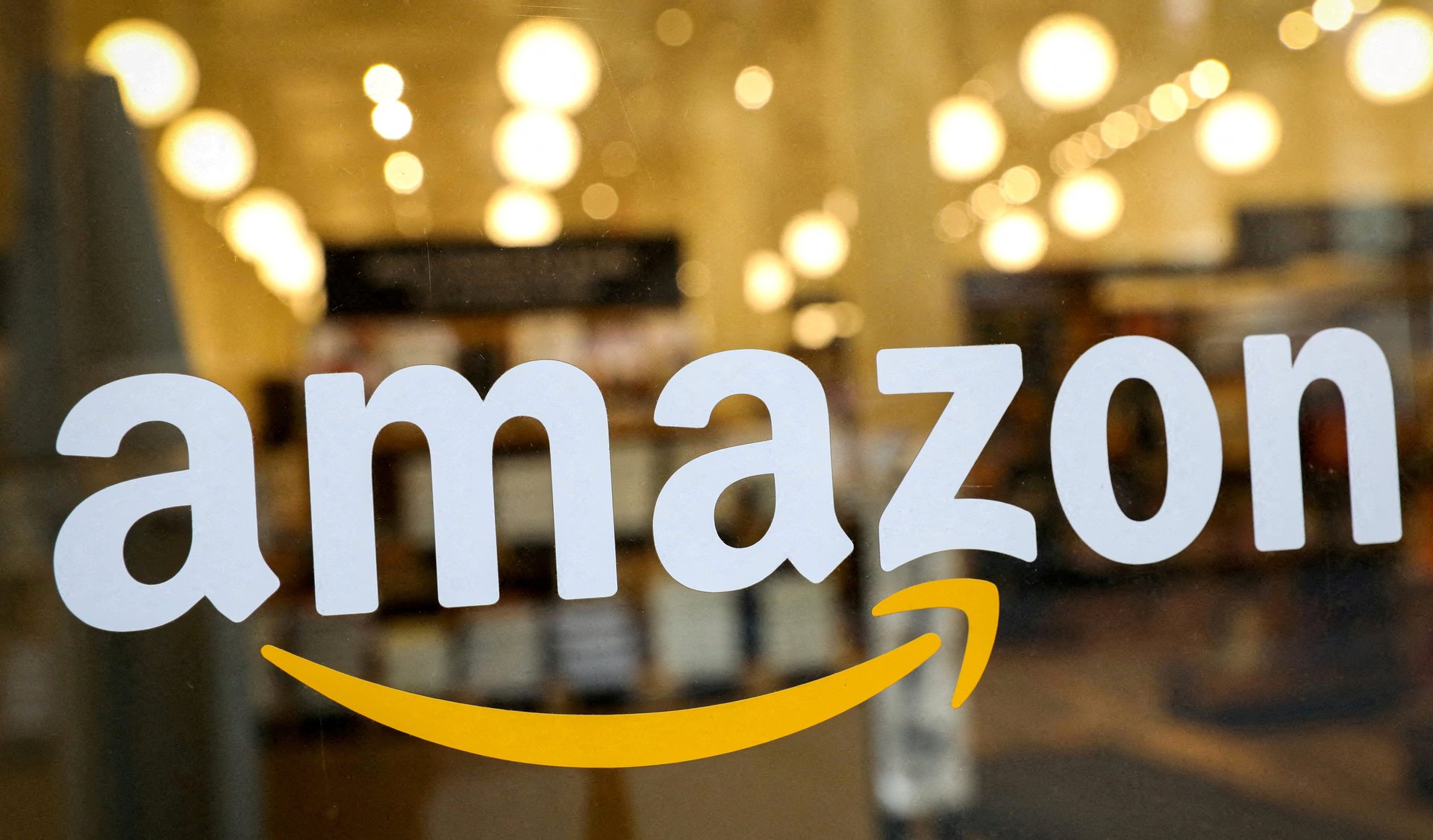Why did Amazon accuse India’s largest private firm of “fraud”?
Amazon isn’t letting India’s largest private company breathe easy.


Amazon isn’t letting India’s largest private company breathe easy.
Last week, the US-based firm took out a newspaper ad, accusing Mukesh Ambani-owned Reliance Industries (RIL) of playing a “fraud” in the $3.5 billion (24,713 crore rupees) deal it announced with India’s Future Group in October 2020.
That deal involved the Future Group selling its assets to RIL. Amazon India objected to this. It has been taking every possible legal route to stop the deal. The online marketplace argues that this agreement violated its own pact with the Kishore Biyani-led company.
What was Amazon’s deal with Future?
In 2019, Amazon India invested around $200 million in Future Coupons, the promoter entity of Future Group which, in turn, holds a 9.82% stake in its retail arm Future Retail.
This deal involved a non-compete clause that forbade Future Coupons from selling its retail assets to certain firms, including RIL’s retail subsidiary Reliance Retail. One of the points in the deal said that in case of a dispute, the matter will be settled by the Singapore International Arbitration Centre (SIAC).
However, when the covid pandemic reached India in 2020, a badly affected Future Group decided to sell some of its assets to Reliance Retail, owned by Asia’s richest man.
Reacting swiftly, Amazon approached the SIAC and successfully stopped the Future-Reliance Retail deal. Both Future Retail and Amazon later challenged each other in Indian courts as well.
What’s at stake for Amazon, Reliance, and Future?
Denying any breach on its part, Future Retail argued in court that Amazon was trying to seek its control without owning any stake in it. It claimed to be facing a severe cash crunch and said it could potentially get liquidated if the deal with Reliance Retail failed.
For both Reliance and Amazon, their respective deals with Future are guaranteed paths to the dominance of India’s $900 billion retail industry.
Reliance Retail is already India’s largest retailer. It has over 1,000 offline stores. The Future deal, however, will put it beyond any rival’s reach. Conversely, with its offline 1,500 outlets, it could be Amazon in that enviable position if it has its way with Future.
Both companies are growing roots in India’s e-commerce market as well.
What’s happening with India’s Future Group now?
Stuck in a legal tangle with both Amazon and Reliance, Future Group recently expressed its surprise over Reliance’s “forceful” take over of its stores.
In February, it was reported that Reliance, which so far has stayed off the dispute in public, had begun taking control of Future’s retail businessess and even offered jobs to its employees.
Unfazed, Amazon offered talks with Future to end the “whirlpool of litigation.” However, on March 15, it informed the supreme court that these talks had failed.
Meanwhile, in a filing on March 19, Future Group’s listed companies informed the exchanges about the meetings of their respective shareholders and creditors being convened on April 20 and 21 to get approval for the deal with Reliance Retail.